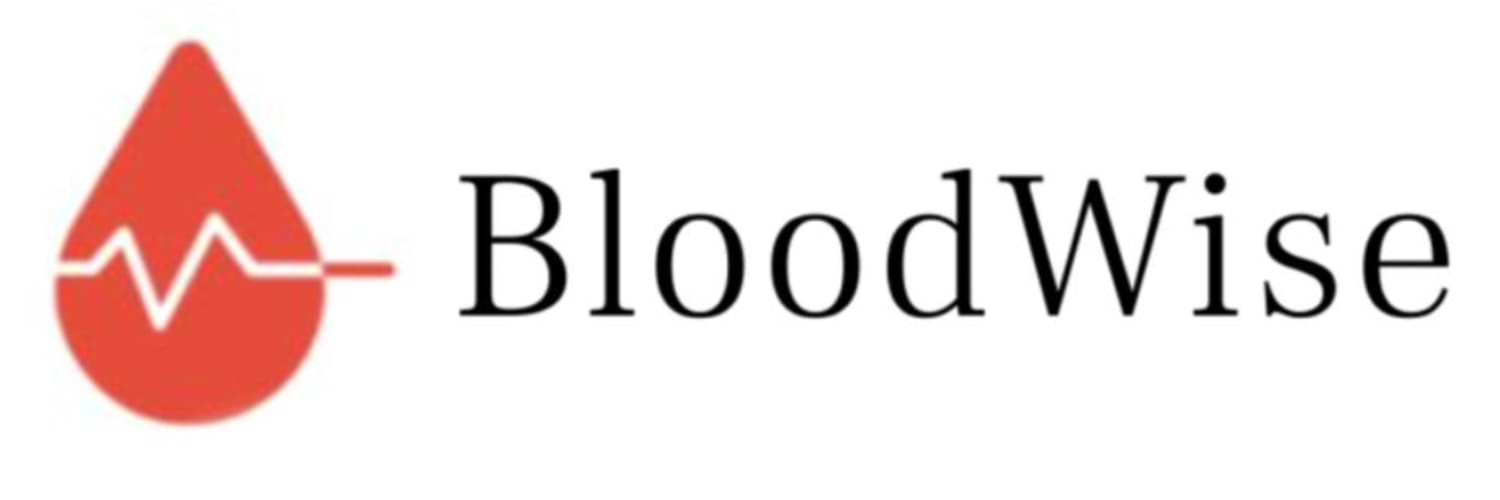
Why Test for Coeliac Disease? (€150)
Coeliac disease is an autoimmune condition where the body reacts negatively to gluten, a protein found in wheat, barley, and rye. In people with coeliac disease, gluten triggers an immune response that damages the small intestine, leading to nutrient malabsorption, digestive issues, and long-term health problems if left undiagnosed.
Many people with coeliac disease are unaware they have it, as symptoms can be vague, mild, or mistaken for other conditions. A simple blood test costing €150 can detect the specific antibodies typically present in people with coeliac disease and is the first step toward diagnosis and proper treatment.
There is no need to fast for this test, but you should still be consuming gluten regularly for accurate results.
- What a Coeliac Blood Test Reveals:
- Autoimmune Markers: Detects antibodies (such as tTG-IgA) that suggest your immune system is reacting to gluten.
- Gluten Sensitivity Insight: Identifies if your symptoms may be due to undiagnosed coeliac disease or gluten intolerance.
- Nutrient Deficiency Risk: Coeliac disease often leads to malabsorption of iron, calcium, and other vital nutrients.
- Long-Term Health Protection: Helps prevent complications like osteoporosis, anaemia, infertility, or intestinal damage through early detection.
- Who Should Get Tested?
- Individuals experiencing bloating, diarrhoea, constipation, or abdominal pain
- People with unexplained fatigue, iron-deficiency anaemia, or weight loss
- Those with a family history of coeliac disease or other autoimmune conditions
- Children or adults with persistent digestive or skin issues
- Anyone considering a gluten-free diet (testing should be done while still eating gluten)
